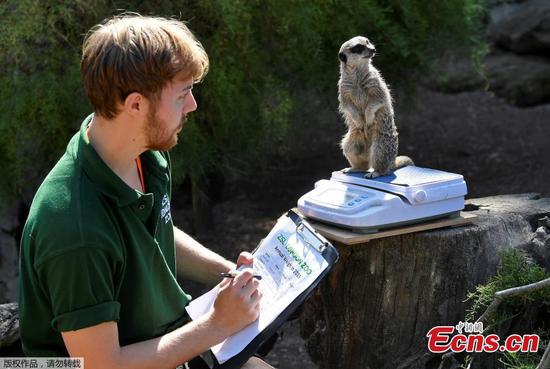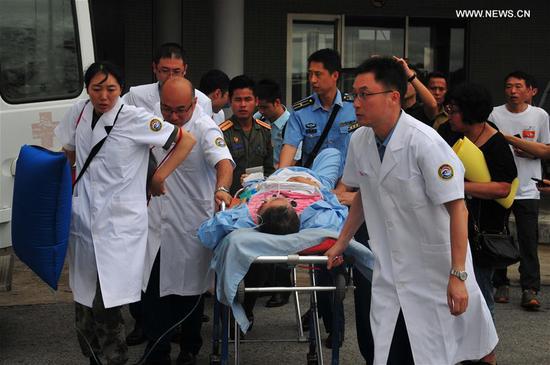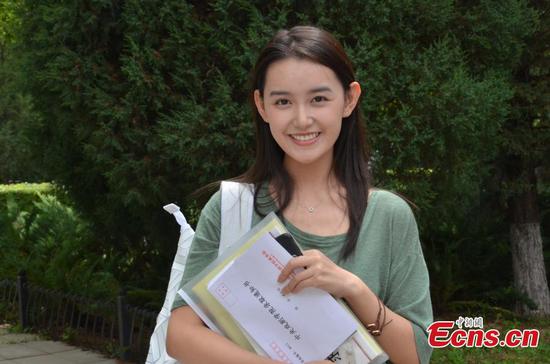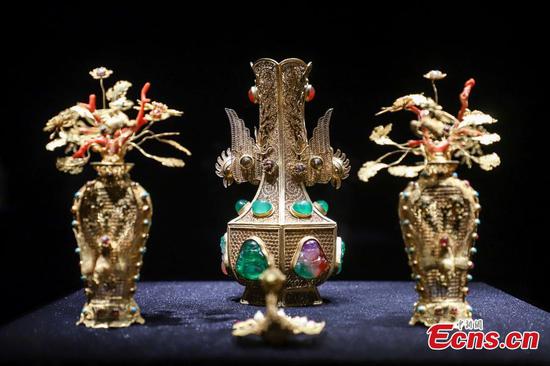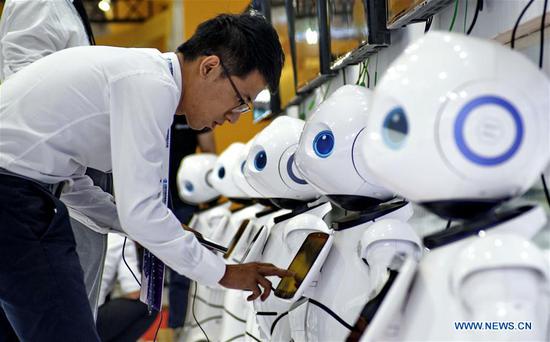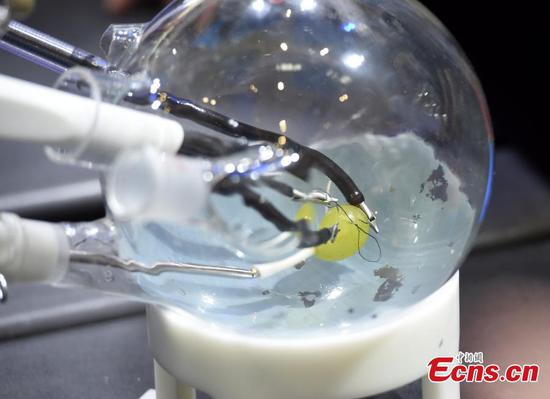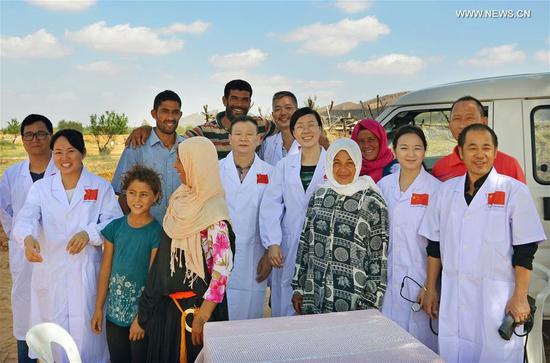
In this photo handed out by the Chinese Academy of Sciences, a researcher on the pig models for Huntington's disease takes a DNA sample at Jinan University in Guangzhou, south China's Guangdong Province, March 28, 2018. (Photo: Xinhua)
Medical and scientific studies related to human genes and embryos "must not infringe on public interests," according to a new provision in the draft civil code submitted to China's top legislature for a third review on Thursday.
In the second review stage in April, the clause, as part of the personality rights section under the law governing legal disputes, states that such medical or scientific practices "shall abide by laws, administrative rules and relevant regulations, shall not harm human health and violate moral ethnics," China News Service reported on Thursday.
The regulations specific to genes and embryos come months after Chinese scientist He Jiankui claimed that he had successfully created the world's first gene-edited twins immune to HIV, which stirred a global storm of condemnation on ethical grounds.
Analysts hailed the section, saying China has made a fundamental regulation concerning such issues in its legislation, while some legislators and legal professionals maintained that the provision's wording should be more definite and stringent to prevent similar cases from happening again.
"Germ cell editing is considered illegal in many countries. However, the personality rights bill in the draft civil code fails to draw a legal line for such matters, and the punishment mentioned in the bill was vague," said Zhou Youjun, a professor at the Law School of the Beihang University in Beijing.
Zhou, who also heads the university's civil code research center, suggested a clear and total ban over human gene-editing practices.
But Liu Changqiu, a health law expert and research fellow at the Shanghai Academy of Social Sciences, told the Global Times on Thursday that since human gene editing technology could be the future of medical practices for the sake of human health, a permanent ban might hinder relevant developments.
However, Liu supports the legal regulations of human gene studies, noting that since the civil code addresses disputes, China should use more powerful criminal and administrative laws, instead of only relying on the civil code, to curb the practice.
Gene-editing technologies should only be applied to human cells when the technology is mature enough and security is warranted. It is far from that, Liu said.









